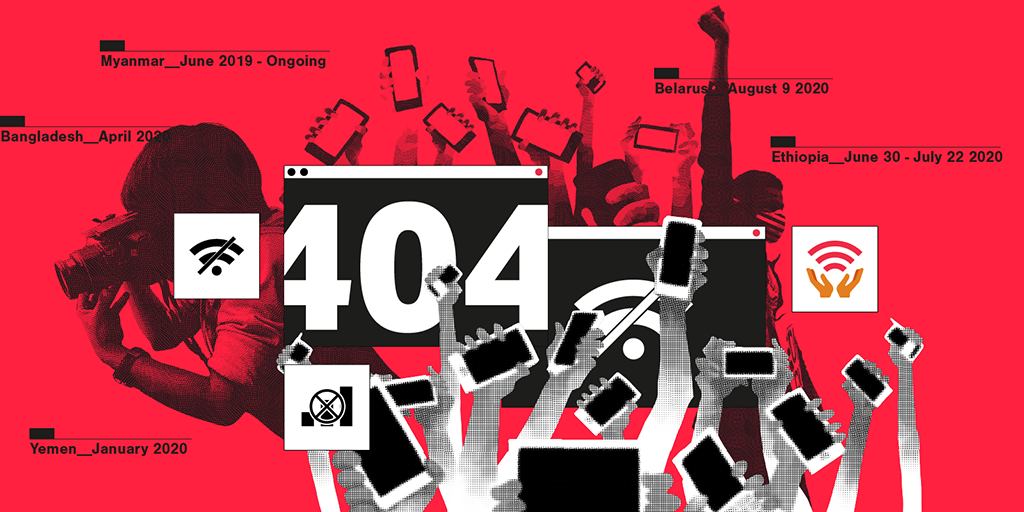Access Now and a coalition of international organizations are calling on authorities in Mauritius to review the proposed amendments in the Information and Communication Technologies Act for regulating the use and addressing the abuse and misuse of Social Media in Mauritius consultation paper to ensure human rights are at its core. As it stands, the potentially dangerous draft threatens the privacy and freedom of expression of people across Mauritius.
“In its current perilous form, the proposed amendments in Mauritius’ Information and Communication Technologies Authority consultation paper would vandalize privacy, and damage freedom of expression for years to come,” said Bridget Andere, Africa Policy Fellow at Access Now. “Access Now calls on authorities to backflip on the alarming chokehold it is attempting to tighten around the country’s online spaces, and instead ensure human rights are the foundation of all social media use.”
The proposed amendments are radically disproportionate to their stated aims of countering offensive speech on social media, and would create space for state surveillance of the lawful conduct of private citizens, while undermining digital security through attacking encryption. The new Act also hands over significant, unprecedented power to the National Digital Ethics Committee — a government entity — eliminating any space for appropriate checks-and-balances.
The coalition has flagged a series of issues to authorities for immediate review, including:
- The National Digital Ethics Committee’s proposed discretionary powers as to what content is “illegal and harmful” pose significant threats to freedom of expression, privacy, and security;
- The model of regulation “where government agencies, rather than judicial authorities, become the arbiters of lawful expression” is at odds with due process and allows only extremely limited opportunities for appeal of removals;
- An administrative body such as the National Digital Ethics Committee should not have the final authority, their decisions should be subject to judicial review in order to uphold the rule of law, and help ensure their overall independence;
- The mandated decryption and archiving of all social media traffic is an assault on privacy, free expression and other rights, and determines that users who do not consent to this proposal be denied access to online services — this is tantamount to arbitrary and unlawful censorship; and
- The technical toolset requiring the interception, decryption and archiving of all internet traffic — including social media traffic — will break encryption, and with it, the privacy and security of user communication. Moreover, it would allow authorities to easily shut down entire websites and services.
The ICT Act consultation paper published on April 14, 2021, compounds a disturbing trend in Mauritius’ approach to online regulation, following the 2018 revisions to the ICT Act which criminalized additional categories of online speech.
Read the full letter.
